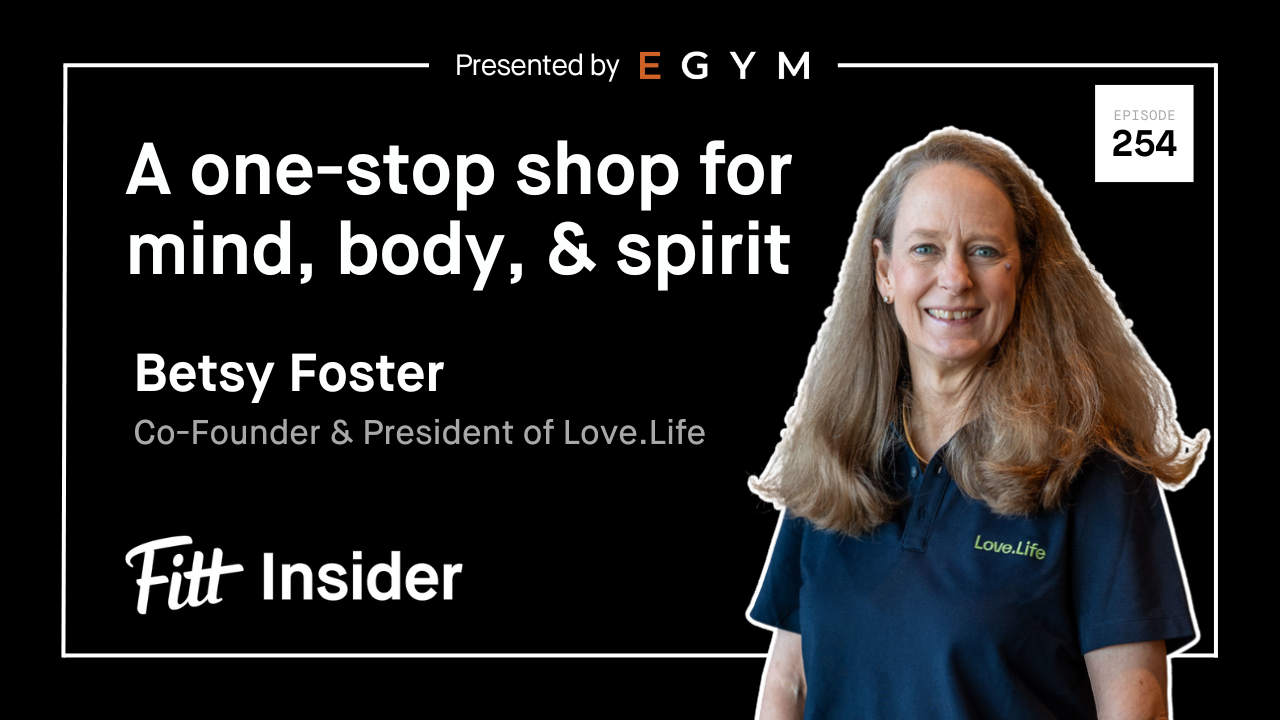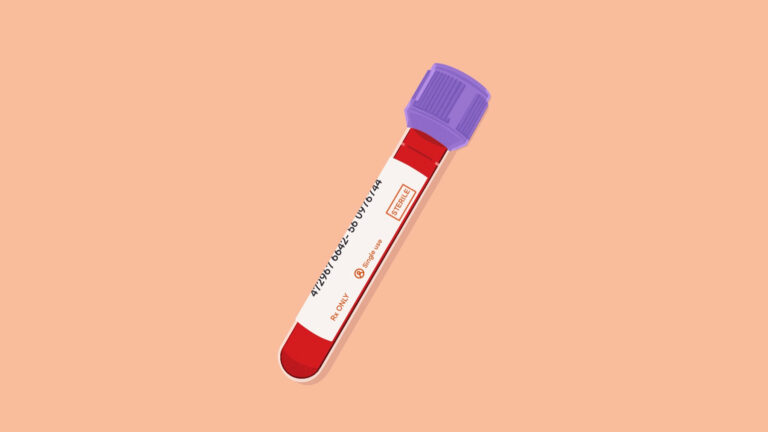
Join us in NYC for an immersive wellness event.
Consumers don’t know who to believe.
Doubtful
Institutional trust is at an all-time low — and the medical system isn’t immune.
Skeptical, 44% of 18–34-year-olds think doing your own research rivals advice from doctors, while just 37% feel empowered by and trust the healthcare system.
Self-educating to self-medicate, >40% of people globally have made regrettable health decisions due to misinformation, and over half say health propaganda is a barrier to well-being.
Honest Look
Cynicism exists for good reason.
Economic, administrative, and regulatory hurdles push doctors from private practices to big systems, where conflicts of interest run rampant and corners are cut for profit.
- Medical errors and complications increased 25% in hospitals purchased by PE firms.
- A 2020 review found payments from pharma companies influence prescriptions.
- From 2015–17, 67% of all US doctors accepted money from drugmakers.
Worse, 73% admit to practicing defensive medicine — suggesting unnecessary treatments and avoiding complex patients to avoid malpractice suits. Working in a volume-based model, even well-meaning physicians struggle to help patients in 10-minute time slots.
The only high-income country without universal coverage, the US spends the most and has the worst outcomes of developed nations.
Influencer MD. Feeling abandoned, people are turning to medical influencers as guides.
Rising up, podcasters like Peter Attia, Andrew Huberman, and Mark Hyman preach Medicine 3.0, shifting discussion from disease to longevity.
Walking a fine line, celeb scientists and MDs are launching and advising consumer-facing ventures — from David’s protein bars to Function Health’s lab tests and Eight Sleep’s mattresses.
Promoting preventative tools, they’re encouraging people to take agency at a time when honest help feels out of reach. But, cosigning unproven claims could trigger backlash.
University, Inc. Seeing a need, wellness brands are leaning hard into education.
Putting science first, supplement brands Seed and Needed put influencer partners through onboarding programs. Building beyond products, Levels runs a metabolic health blog, WHOOP hosts a human performance podcast, and Flo’s content library covers all things women’s health.
Teaching while tracking, Veri and Oura’s platforms bridge communication gaps with open data sharing between practitioners and clients.
Fresh UX. Launching user-friendly tech, patient-first solutions are springing up.
For $20/month, Summer Health’s text-based pediatricians answer questions in 15 minutes.
Improving care navigation, Solace’s platform connects patients with personal healthcare advocates, while K Health uses AI chatbots for faster diagnoses.
Streamlining pharmacy, Capsule and Photon save headaches on all sides. Stirring controversy, telehealth companies drop injections—from GLP-1s to psychedelics and TRT—at people’s doors.
Elsewhere, Costco and Amazon are cutting wait times, but quality reviews are mixed.
Bucking insurance, concierge services and longevity retreats offer top earners VIP treatment.
180. Imagining a better way, companies are shifting from fee-for-service to value-based reimbursement — incentivizing outcomes over actions.
Specializing, Heyday serves seniors, Pomelo aids mothers, and Valendo Health tackles diabetes. Vertically integrated, Commons Clinic transparently prices orthopedics and pain management.
Applying first principles, Apple’s long-term vision calls for an integrated Health iOS.
Punchline: Medical paternalism is outdated. Informed as ever, consumers want a more active role in their health but need help sifting the facts. If PCPs are too time-crunched to think critically, people will turn elsewhere for answers.
🎙 On the Podcast

Love.Life co-founder and president Betsy Foster discusses its holistic health and wellness club.
Founded by Whole Foods vets, Love.Life combines functional medicine, cutting-edge fitness, and nourishing food all under one roof — providing a one-stop shop for mind, body and spirit.
We also cover: disrupting sick care, scaling a holistic health model, and the evolving food-as-medicine landscape.
Listen to today’s episode here.
🤝 EGYM buys FitReserve in corporate wellness push
The German-born fitness technology company acquired the US-based multi-studio passport, accelerating the launch of its B2B Wellpass platform in the States.
Networking. Known for its smart equipment ecosystem, EGYM is investing in corporate wellness, acquiring France’s Gymlib in 2022 and the UK’s Hussle earlier this year.
Scaling stateside, EGYM now adds FitReserve’s B2B clients to its Wellpass network, topping 16K corporate partners with access to 20K fitness and wellness providers across six countries.
Feeling the burn. Alleviating burnout and curbing healthcare costs, corporate wellness platforms are in demand.
As EGYM enters the US, global rivals are scaling up — Wellhub (fka Gympass) serves 18K clients across 11 countries, and Urban Sports Club acquired myClubs after raising €95M last year.
Looking ahead: Outfitting gyms with equipment, prescribing exercise, and getting employees moving, EGYM aims to serve all stakeholders.
Presented by Jack Taylor
🔊 Calling All Changemakers
Mark your calendars, Jack Taylor’s Wellness Showcase returns to Brooklyn on October 10th.
On the guest list? Best-in-class brands like 23andMe, ARMRA, Aviron, Beast Health, Centr, Gainful, Tonal … and you.
Step into the future of health as you explore an immersive, high-performance dream home equipped with the latest tech innovations from top brands.
Held in a stunning 15K+ square foot loft, the private event will explore the cutting edge of fitness, nutrition, and self-care.
It’s your chance to live your best life with operators at the forefront of holistic wellness.
RSVP: It’s free to attend, but space is limited. Secure your invite, or apply as a participating brand today.
🦾 Future debuts AI-powered coaching tool
The digital personal training platform unveiled Assistant Coach, an AI tool designed to complement human instructors.
In the loop. Crunching data from five years of PT sessions, Future’s AI model enhances responsiveness, adaptability, and degree of personalization — helping its trainers and partners deliver high-quality coaching.
Note to self. Assistant Coach builds on Future’s text message-based model, gleaning key insights from client communication and workouts.
- Analyzing the ~1K exchanged text messages per year, it logs family life, mental and physical state, and schedule changes, crossing data against the PT’s plan.
- Training its agent on millions of prescribed sessions, its Workout Engine AI outperforms GPT-4, Claude, and Llama LLMs on efficacy, skillfulness, and weight recommendation.
One to many. AI coaches are on the rise. But while new tech cuts costs, human-in-the-loop models have proven most effective. For Future, that means equipping coaches with next-gen tools.
Takeaway: Solving supply, demand, and eventually affordability, AI lets trainers take on more clients without sacrificing quality. But, boosting willpower and motivation requires a human touch.
📰 News & Notes
- Goop restructures, shifts away from wellness.
- Social wellness club HUME unveils LA outpost.
- Spotify’s CEO opens full-body scan clinic in London.
- Gymshark plots Dubai flagship amid retail expansion.
- Samsung adds Technogym fitness content to smart TVs.
- NOBULL, CrossFit vets launch performance apparel brand.
- Bayer launches longevity ecosystem with age tests, supps.
- Meal replacement drink Huel enters GNC stores nationwide.
- Withings gains FDA clearance for its sleep apnea-detecting mat.
- Apple debuts sleep and hearing health features for Watch, AirPods.
- Abbott kicks off sales of OTC glucose monitor Lingo. [Re-read: DTC CGMs]
- Bioniq, Truemed partner to make personalized supplements HSA/FSA eligible.
- Featured job: An NYC-based performance nutrition company is hiring a Head of Growth.
💰 Money Moves
US 🇺🇸 / Canada 🇨🇦
Microbiome health company Viome added $25M in a Series D round to expand its diagnostics platform.
Personalized nutrition brand Gainful closed an undisclosed Series B round led by District Ventures Capital.
Smart dumbbell maker Kabata raised over $185K in an ongoing crowdfunding campaign.
More from Fitt Insider: Kabata Loads Up
Electrolyte drink brand Leisure Hydration secured $2.5M in a funding round.
High-protein beverage maker Slate Milk added $9.5M in new funding.
Create Wellness, maker of creatine gummies, raised $5M in a Series A round led by Unilever Ventures.
Flex, a startup simplifying HSA/FSA spending for health and wellness brands, secured $3.2M in a seed round.
Thread Performance launched with $1.5M for teen-specific sports nutrition supplements.
CPG accelerator BRANDED acquired digital brand incubator Heyday to form next-gen consumer products platform Essor.
Wellness spa software provider Mangomint closed a $35M Series B round.
Teamworks, a SaaS company for sports organizations, acquired sports intelligence platform Zelus Analytics.
Eldercare startup Habitat Health raised more than $50M from investors including Town Hall Ventures, New Enterprise Associates, and Kaiser Permanente.
Europe 🇪🇺
Hello Inside, an Austrian CGM-enabled metabolic health platform for women, raised €1.65M ($1.8M) in a seed round.
Asia 🌏
Indian nutraceutical startup Fitday landed undisclosed funding from GMB Entertainment, the investment fund of actor Mahesh Babu.
Spolto, an Indian grassroots sports platform, raised $1M in a seed round.
Today’s newsletter was brought to you by Anthony Vennare, Joe Vennare, Ryan Deer, and Jasmina Breen.






